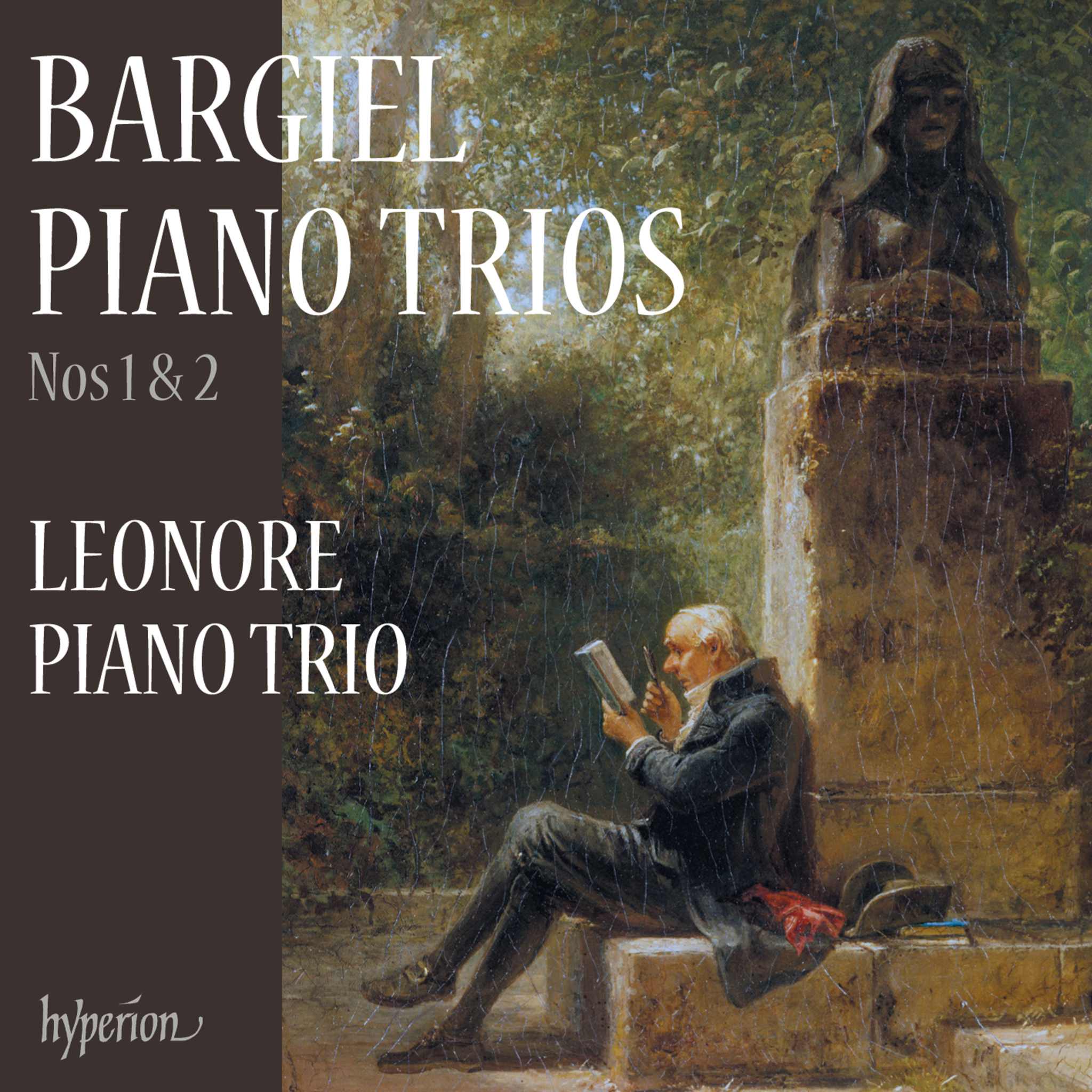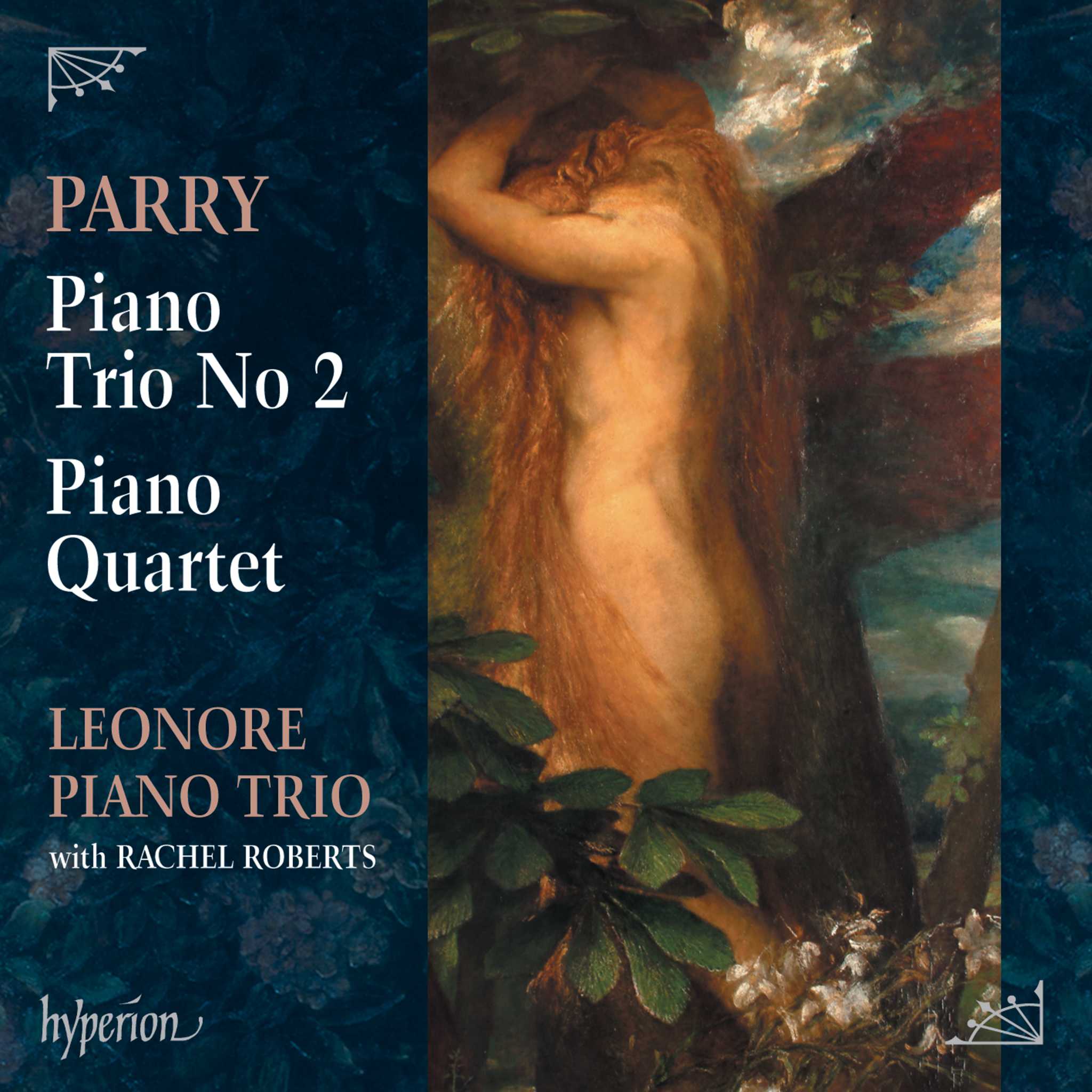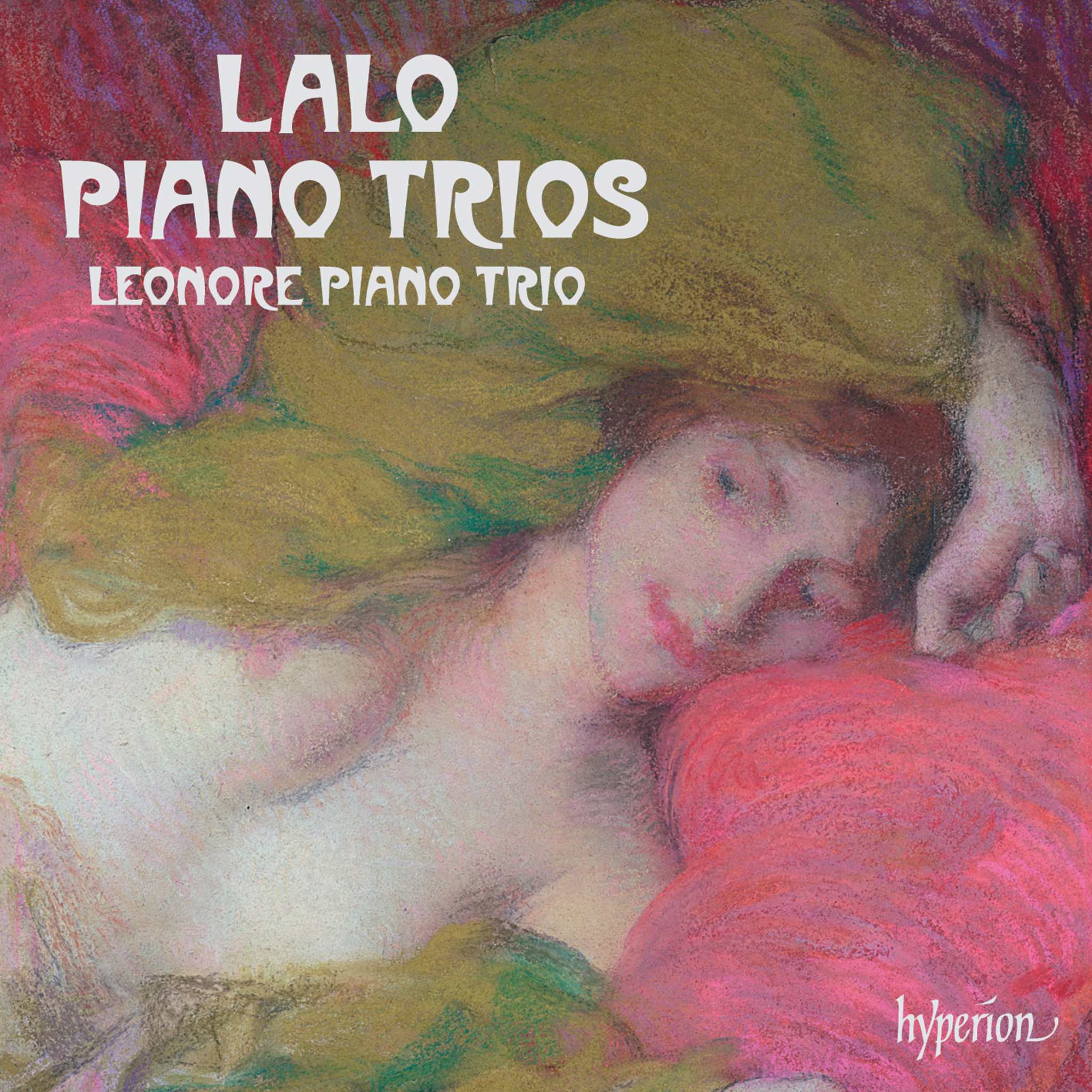Album insights
In the 14th century, musicians like Machaut were welcomed at the court of King Johann in Bohemia. By the 16th century, there was a significant number of published songbooks that gained popularity in neighboring German and Hungarian lands, while Prague became the imperial city of Rudolf II. This city emerged as an essential center for prominent musicians, increasingly coordinating its musical life with Vienna and other German capitals, significantly contributing to German-Austrian musical literature by the early 18th century.
The 19th century saw the advocacy of Bedřich Smetana and Antonín Dvořák, representing the pinnacle of Bohemian national music. Smetana, known as the "Father of Czech Music," drew inspiration from Bohemian dance and folk songs. Dvořák embraced Brahms' ideals while preserving a sense of national consciousness in his work, setting the Bohemian school apart favorably compared to other contemporaneous national music movements.
Antonín Dvořák, born near Prague in September 1841, initially lacked musical talent and worked as a butcher's apprentice. His uncle's support allowed him to attend the Prague Organ School at 16, starting a career as a violist in a chamber orchestra performing regularly at taverns, a key experience for the budding composer.
One significant moment in Dvořák's early career came when he participated in a performance conducted by Wagner, influencing his composition style profoundly. Guidance from Smetana redirected Dvořák towards more meaningful music, developing his interest in chamber music.
Dvořák's String Sextet, composed within two weeks in May 1878, premiered at the Berlin Villa Joachim in the following summer, leaving a lasting impression on the audience. The piece interweaves spontaneous themes reminiscent of Schubert, full of Slavic vibrancy. The composition uniquely combines various melodic elements, showcasing Dvořák's mastery.
Each movement in the Sextet holds distinct musical identities, maintaining a cohesive yet diverse narrative. Dvořák's stay in America, particularly in Spillville, Iowa, introduced further cultural influences, evident in his composition of the renowned "American String Quartet" and the String Quintet op. 97, initially labeled "American." These works mirrored Dvořák's contentment amid the small Czech community, featuring melodies inspired by his surroundings.
Summertime visits by the Kickapoo tribe in Spillville brought a cultural exchange that likely impacted Dvořák's music subtly. Distinct themes and influences from Indian music subtly enriched various sections of the Quintet, blending with Dvořák's craftsmanship.
Dvořák's time as Director at the National Conservatory of Music in New York further highlighted his yearning for his homeland. His summer retreat to Spillville, marked by family gatherings and cultural experiences, fueled creativity—resulting in enchanting compositions that resonated with a blend of American and Bohemian influences.
The Quintet's structure, from the emotive solo melodies to the fusion of cultural motifs, showcases Dvořák's ability to blend diverse elements seamlessly. The piece's thematic progression and musical nuances reveal Dvořák's creative brilliance, distinct from his contemporaries and deeply rooted in his unique musical language.




